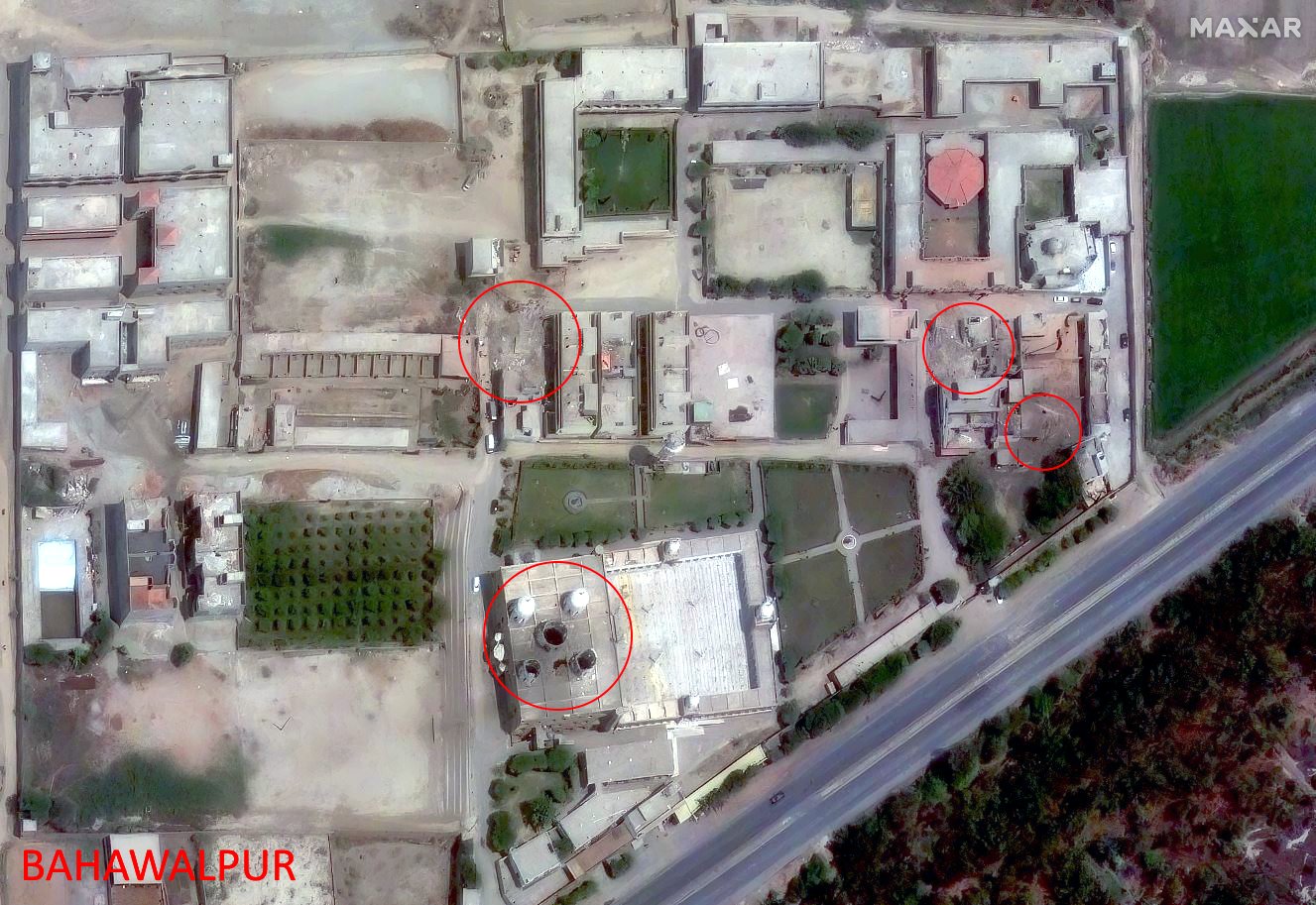Dear reader, What are the origins of the Indian state? Is it a nation-state that came into being on August 15, 1947 and was defined as a republic on January 26, 1950 in accordance with a new Constitution? Or, is it a civilisational state that predates Independence, the colonisation of the Indian Subcontinent by Europeans and the numerous dynasties that lorded over different parts of the region? This debate found resonance in the Express Opinion section. Speaking at a Delhi University seminar on May 20, JNU VC Santishree Dhulipudi Pandit described India as a civilisational state and claimed that "Indian democracy is much older" and its democratic values predate the arrival of the British Raj. The Express Opinion pages ran an edited extract of Pandit's speech ('Idea of India, before and beyond', May 24), where she said, "reducing India to a civic nation bound only by the Constitution disregards its history, ancient heritage, culture and civilisation" and claimed that India's history has been distorted. An article by M Rajivlochan ('Violence of monetheism', May 28) could be read together with Pandit's view of a glorious Indic civilisation. Lochan claims, in the backdrop of the controversies around the Gyanvapi mosque in Varanasi, Mathura and Qutub Minar, that "in all 3,000 years of recorded history", there are very few instances of "evil behaviour in the name of religion in pre-Islamic India." In contrast, he argues, that "Muslims were willing to kill for their belief" whereas "nowhere in Indic texts were any acts of desecration valourised as bringing glory to god". His main thesis is that "the idea that god takes multiple forms, that there are multiple truths, is ingrained in the Indic mind". The argument for Hindu exceptionalism rests on these claims. Aparna Vaidik's riposte to Pandit ('Power, not civilisation', May 28) makes the case that that latter's claims are too simplistic and her understanding of the categories she has deployed to elaborate her views is erroneous. Vaidik writes, "What vision of Indian history does the civilisational lens open up? True to its European antecedents, this framework freezes time and immobilises history by mothballing the golden human age in the very ancient past (Satya Yug) and where the present becomes a regression (Kali Yug). The time of the past is believed to hold in its belly an eternal truth from which evolved the notion of Hindu universalism. That is, the idea of Hinduism as a civilisation coterminous with the idea of India - spiritual, non-violent, and assimilative. And one that would become the fount of Indian nationalism. This sanatana dharma, however, was believed to have been downgraded with the passage of time as a result of contact with the barbarian Other (Muslims) that now needs to be recovered and protected for India to become a vishwa guru." Vaidik's article unveils the political project embedded in the current claims that make the case for India to be viewed as a civilisational state as opposed to the nation-state that came into existence on August 15, 1947 and the republic that draws its values from a liberal, progressive Constitution. The Constitution, which elucidates the dharma of the republic, does not privilege Hinduism over any other faith. In his passionate plea for sanity and peace, Tahir Mahmood ('We the people', May 28) suggests that "the nation's professedly secular Constitution" is under challenge and that institutions designed to protect the edifice, for instance, the judiciary, "cannot be expected to be always protecting religious sentiments of the minorities by a watertight adherence to the secular tenor of the Constitution." Last week, Yasin Malik was held guilty and sentenced to life for involvement in terrorist acts. The sentence is unlikely to achieve any closure in extremist politics in the Kashmir Valley or open up new possibilities. Pratap Bhanu Mehta ('The conviction of Yasin Malik', May 27) situates Malik's conviction in the turbulent history of Jammu and Kashmir, where politics is plotted in the shadows. Till next week, Amrith Amrith Lal is Senior Associate Editor with the Opinion team | 
No comments:
Post a Comment